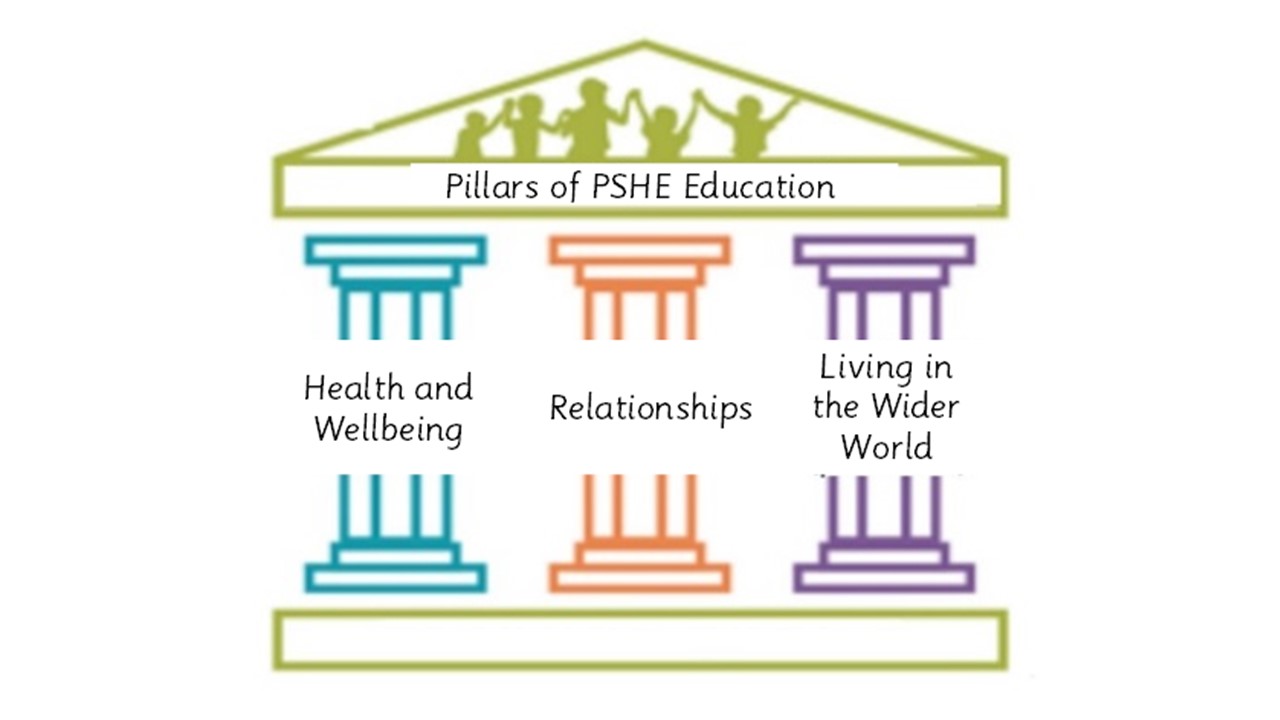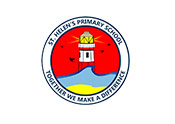PSHE/RHE
Our School Vision:
To create a school that enables all pupils (no matter what background or starting point) to achieve their full potential and promotes the school as a beacon within the community, where aspirations are achieved and dreams are a reality for all pupils, staff and families
Our PSHE Vision:
To give children the knowledge, skills and understanding that they need to stay healthy and safe, develop meaningful relationships, respect differences and develop independence and responsibility so that they are ready for the next stage of their education and prepared for life in modern Britain.
Our Intent and Subject Leader Vision
Our RSE, PSHE and Citizenship scheme of work aims to equip children with essential skills for life; it intends to develop the whole child through carefully planned and resourced lessons that develop the knowledge, skills and attributes children need to protect and enhance their wellbeing. Through these lessons, children will learn how to stay safe and healthy, build and maintain successful relationships and become active citizens, responsibly participating in society around them.
Successful PSHE curriculum coverage is a vital tool in preparing children for life in society now and in the future. Lessons in our scheme of work have their foundations in seeing each and everybody’s value in society, from appreciation of others, to promoting strong and positive views of self. We aim to cover a wide range of the social and emotional aspects of learning, enabling children to develop their identity and self-esteem as active, confident members of their community. The themes and topics support social, moral, spiritual and cultural development (SMSC) and provide children with protective teaching on essential safeguarding issues, developing their knowledge of when and how they can ask for help. Our resources are fully in line with the Learning Outcomes and Core Themes provided by the PSHE Association Programme of Study which is widely used by schools in England and is recommended and referred to by the DfE in all key documentation relating to PSHE provision in schools. This scheme of work covers all of the required objectives and follows the three core areas of Health and Wellbeing, Relationships and Living in the Wider World. The scheme of work fulfils the requirements of 2020 Statutory Relationships and Health Education, setting these learning intentions in the context of a broad and balanced PSHE curriculum.

Implementation
Our scheme of work is taught in thematic units, each with supporting materials. We teach these units in a spiral curriculum that revisits each theme every year. This enables children to recall and build upon previous learning, exploring the underlying principles of PSHE education regularly at a depth that is appropriate for the age and stage of the child. Lessons also signpost key words, building a rich vocabulary to develop understanding. Our PSHE lessons are designed to be delivered in a creative manner, using many approaches such as role play, discussion and games with groups of various sizes. These activities enable children to build confidence and resilience. Assessment for learning opportunities are built into lessons which enable self-evaluation and reflective learning and allow teachers to evaluate and assess progress.
Impact
Our PSHE scheme of work provides an effective curriculum for wellbeing. Children are enabled to develop the vocabulary and confidence needed to clearly articulate their thoughts and feelings in a climate of openness, trust and respect, and know when and how they can seek the support of others. They will apply their understanding of society to their everyday interactions, from the classroom to the wider community of which they are a part. Our PSHE curriculum supports the active development of a school culture that prioritises physical and mental health and wellbeing, providing children with skills to evaluate and understand their own wellbeing needs, practise self-care and contribute positively to the wellbeing of those around them. Successful PSHE education can have a positive impact on the whole child, including their academic development and progress, by mitigating any social and emotional barriers to learning and building confidence and self-esteem. Evidence suggests that successful PSHE education also helps disadvantaged and vulnerable children achieve to a greater extent by raising aspirations and empowering them with skills to overcome barriers they face. We use our PSHE curriculum as a whole-school approach to positively impact wellbeing, safeguarding and SMSC outcomes. This can ensure that all children are able to develop the knowledge, skills and attributes they need to succeed at school and in the wider world.
Statement for SEND
Our PSHE curriculum promotes and develops cultures, policies and practices that include all learners. We aim to engender a sense of community and belonging and believe that educational inclusion is about equal opportunities for all learners, whatever their age, gender, ethnicity, impairment, attainment and background. We promote a curriculum that puts all pupils, regardless of their needs, at the heart of what we do. By building mutual respect, we accept others for their differences believing that everyone is special and everyone has something to offer. Our inclusive and enriching curriculum, written for all children, provides pupils with meaningful and aspirational experiences as well as promoting personal growth for life-long learning. When the curriculum needs adapting, to suit the needs of individual children, appropriate modifications are made by the class teacher with support of the SENDCo and the Curriculum Subject Lead.
RSE/PSHE Policy
Long Term Mapping
Unit Summaries and Medium Term Mapping
Medium Term Plan
Cultural Capital
Cultural capital in PSHE/RHE is the accumulation of knowledge, behaviours, and skills that a child can draw upon and which demonstrates their cultural awareness, friendship and family knowledge and competence; it is one of the key ingredients that enables our pupils to become healthy, independent and responsible members of a society. It aims to help them understand how they are developing personally and socially, and tackles many of the moral, social and cultural issues that are part of becoming young adults. Students are provided with opportunities to learn about rights and responsibilities and appreciate what it means to be a member of a diverse society. They are encouraged to develop their sense of self-worth by developing competencies and by playing a positive role in contributing to school life and the wider community.
Useful Links for Parents
RSHE Statutory Guidance:
RSHE Guide for Parents:
https://www.gov.uk/government/publications/relationships-sex-and-health-education-guides-for-schools
RSE Hub for Parents/Carers:
https://www.rsehub.org.uk/for-parentscarers/


Close